SCS Blog Author Page
Posts by Christopher Polt
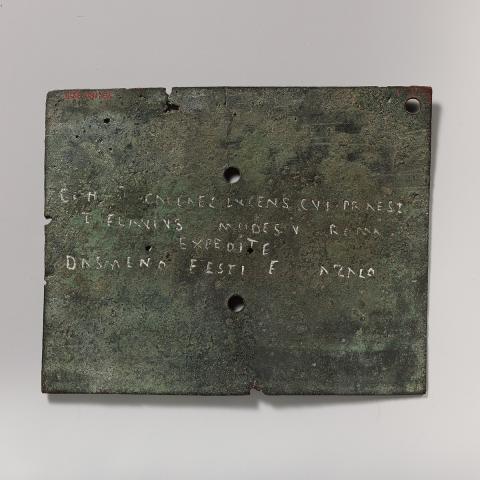
|
Blog: What is the Worth of a Masters in Classics? Some Advice on Terminal MAs
Have you ever thought about a terminal MA in Classics? I have to confess, I hadn’t before coming to teach at Boston College, where we have such a graduate program. I had firsthand experience with Classics BAs in colleges that only granted undergraduate degrees, BAs and MAs in PhD-granting departments — heck, even a combined BA/MA program. But a freestanding MA degree that was a purposeful end goal rather than an add-on, an along-the-way, or a no-more-thanks? It never crossed my mind. To judge from the conversations that I’ve had since joining a department with a terminal MA program, I think that’s true of a lot of Classics faculty, as well as for a lot of students. And I also think that has led to some unfortunate misunderstandings about Read more … |
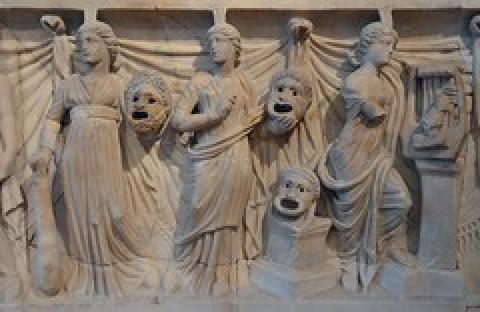
|
Blog: Anti-Catholicism, Classical Curriculum, and the Beginnings of Latin Drama in the United States
The United States was more than a century old before it saw its first play staged in Latin. What follows is a story about its producers’ struggle for recognition and the external factors that doomed it to obscurity. Beyond a footnote in theatrical history, the 1877 production of a Jesuit Latin play at Boston College offers a glimpse into the fraught politics of education in the United States in the late 19th century, the origins of the modern college elective, and a form of Classical curriculum that might have been—if an ugly fight in Boston had turned out differently. In April of 1894, Harvard’s production of its first Latin play had set Boston buzzing. The event even rated a couple columns in the New York Times, which remarked: Latin plays have been given in this country and in England Read more … |

|
Blog: Siliquasparsiones: Podcasts in Latin
In order to prepare for the SCS’s upcoming sesquicentennial at the annual meeting in San Diego from January 3–6, 2019, the SCS blog is highlighting panels, keynotes, and workshops from the schedule. This week we are focusing on the Podcasting the Classics panel (8:00am–10:30am on Saturday, Jan. 5) by pointing to some resources for those who want to explore the medium more fully. One of the best ways to build fluency in a language is to listen to that language being spoken at a comprehensible level of complexity. This is no less true for Latin than for any other language, but until recently the options for listening to Latin being spoken were limited, especially for those unable to travel to the various spoken-Latin colloquia around the country (e.g., the Paideia Institute’s “Living Latin,” Read more … |
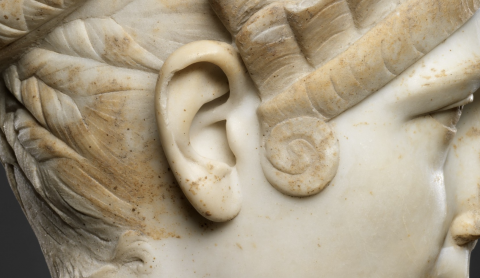
|
Blog: Conversations with Classicists: Interview Podcasts
In order to prepare for the SCS’s upcoming sesquicentennial at the annual meeting in San Diego from January 3–6, 2019, the SCS blog is highlighting panels, keynotes, and workshops from the schedule. This week we are focusing on the Podcasting the Classics panel (8:00am–10:30am on Saturday, Jan. 5) by pointing to some resources for those who want to explore the medium more fully. Today we feature a set of podcasts in which the host(s) interview guest classicists to discuss their work, their insights into the ancient world and its relevance for modernity, and their personal and professional experiences. Ancient Greece Declassified (w/ Vanya Visnjic) Explicitly aiming to demystify and to share scholarship on ancient Greece with the non-specialist public, this podcast explores Greek literature, history, Read more … |
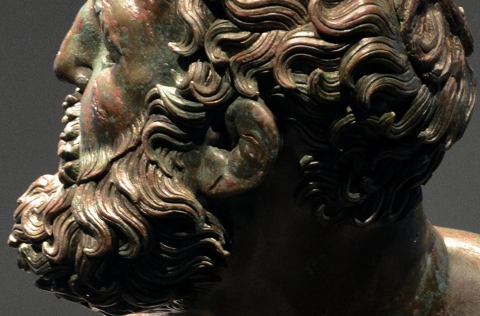
|
Blog: Narrative Podcasts about the Classical World
In order to prepare for the SCS’s upcoming sesquicentennial at the annual meeting in San Diego from January 3–6, 2019, the SCS blog is highlighting panels, keynotes, and workshops from the schedule. This week we are focusing on the Podcasting the Classics panel (8:00am–10:30am on Saturday, Jan. 5) by pointing to some resources for those who want to explore the medium more fully. Today we feature a set of podcasts in which the host(s) present material about the ancient world directly to audiences, focusing variously on history, biography, culture, literature, archaeology, and reception. We’ve tried to select series that represent the enormous chronological, topical, and tonal variety that can be found in classics podcasts today (but there are so many available options that we simple couldn’t list everything here, so apologies to all the excellent podcasters we didn’t get to include!). |
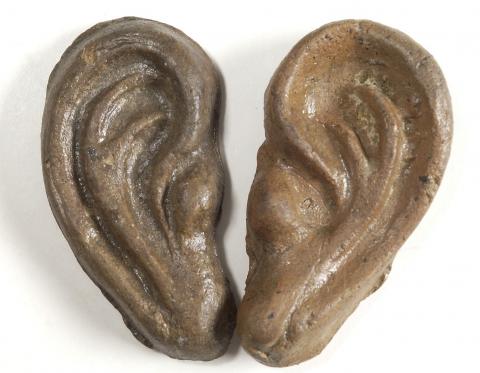
|
Blog: A Spotlight on Classics Podcasting
In order to prepare for the SCS’s upcoming sesquicentennial at the annual meeting in San Diego from January 3–6, 2019, the SCS blog is highlighting panels, keynotes, and workshops from the schedule. This week we are focusing on the Podcasting the Classics panel (8:00am–10:30am on Saturday, Jan. 5) by pointing to some resources for those who want to explore the medium more fully. In Epistles 2.1, Horace argues that poets are useful to the city because they can teach the young how to speak, turn people’s ears from crude discourse, and mold the hearts of others with kindly teachings. And what fuels their work? Why, “they live on pods” (vivit siliquis, 2.1.123)! Horace is thinking legumes, but the same could easily be said of a different kind of pod—the podcast, or siliquasparsio, si licet Latine—which in recent years has helped to Read more … |
